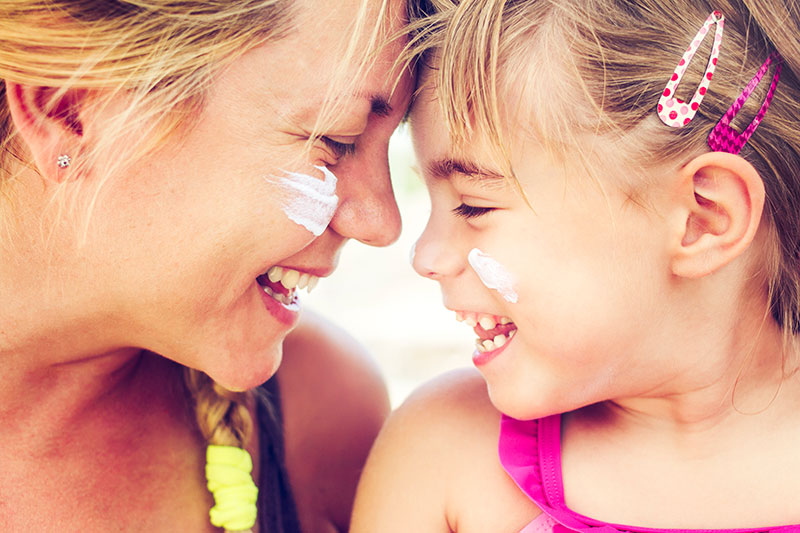Stay Safe in the Sun
3rd July 2019
3rd July 2019

With temperatures reaching 30 degrees Celsius in Kent at the weekend, and more hot weather predicted over the forthcoming weeks, health experts are keen to ensure that vulnerable people stay safe and well in the sun.
Over the weekend, a level two alert was triggered by a Met Office forecast. Warm air focused in the west on Friday and became more widespread across the region on Saturday. It felt extremely humid in Kent, with people reaching for their sun lotion, wide brimmed hats and bottles of water.
Kent County Council supports the NHS campaign ‘Cover Up, Mate’, which aims to encourage men who work outdoors, such as farmers, builders, gardeners and sportsmen, to take a safer approach to the sun in summer in order to reduce the incidence of skin cancer. It’s worth noting that the incidences of skin cancer in men is increasing at a faster rate than it is for women.
Kent County Council Director for Public Health, Andrew Scott-Clark, says: “Weather like this is something many people look forward to every year and go out and enjoy. But it’s worth remembering that sunny spells can pose health risks for some people. It’s important to protect yourself from too much sun or heat, to carry water when travelling and to think of those, such as young children or older people, who may feel the heat more acutely than others.”

When temperatures rise, be sure to do the following:
Should you be affected by the sun or the heat, the NHS urges people not to go to A&E or call 999 unless it is an emergency. However, if you are in any doubt, NHS 111 can help you get the right treatment.
You can also use the free web app called Health Help Now, which can be used to check symptoms or to find out where local services are open. Simply visit the App Store or Google Play on your phone to download it.
Whatever you do this summer, and wherever you go, remember to stay safe in the sun.